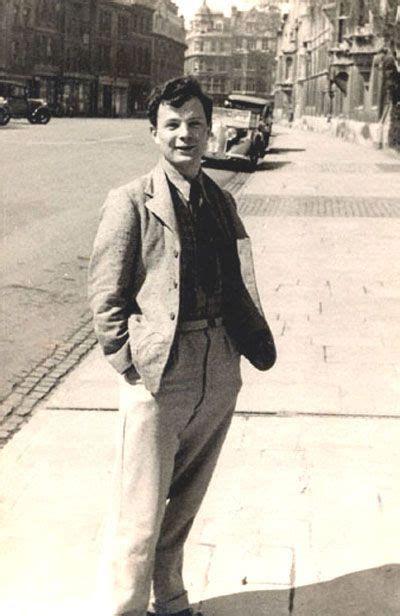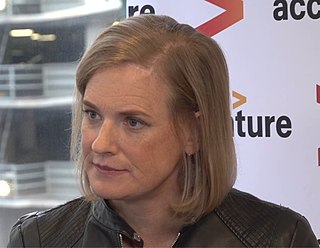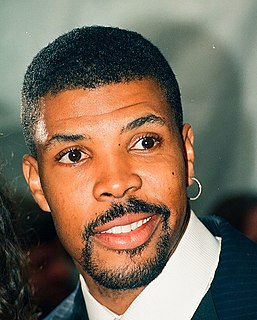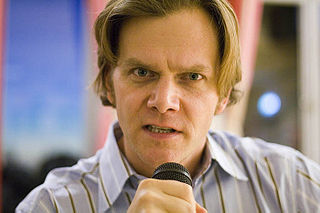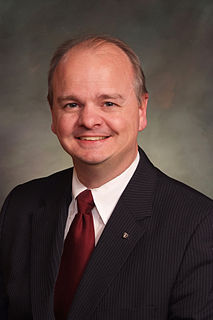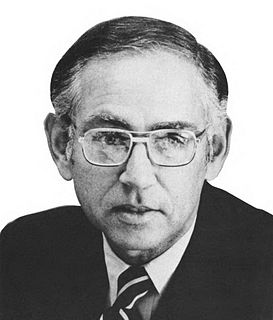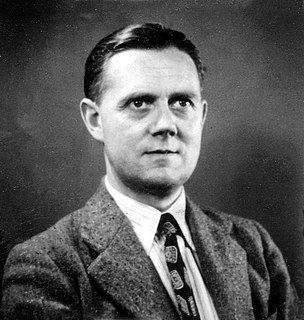A Quote by Norman O. Brown
The money complex is the demonic, and the demonic is God's ape; the money complex is therefore the heir to and substitute for the religious complex, an attempt to find God in things.
Related Quotes
Even as they are now pointing to God and praising God for that victory, something terrible happens; there's a demonic spirit now that referees, and the officials, and they say Oh did you see that? He just referred to God. We need to stop that and we need to disqualify them! And they're punished for their righteousness by the demonic spirit that's inside the referees.
I looked at my right hand, the hand with which I painted. There was power in that hand. Power to create and destroy. Power to bring pleasure and pain. Power to amuse and horrify. There was in that hand the demonic and the divine at one and the same time. The demonic and the divine were two aspects of the same force. Creation was demonic and divine. Creativity was demonic and divine. I was demonic and divine.
As many critics of religion have pointed out, the notion of a creator poses an immediate problem of an infinite regress. If God created the universe, what created God? To say that God, by definition, is uncreated simply begs the question. Any being capable of creating a complex world promises to be very complex himself. As the biologist Richard Dawkins has observed repeatedly, the only natural process we know of that could produce a being capable of designing things is evolution.
I see nothing easy in Washington. I see either analytically simple things that are politically complex or those that are politically complex and analytically complex. I mean, look at immigration reform, you know? It is, I think, analytically easy, but politically very, very complex and very difficult.
Now, the topic of religion seems much more complex, and I have a more complex relationship with it myself because I love religious music. I often find myself wanting to be in a religious state of mind even though I don't intellectually believe it. I want to go to that place emotionally. So it doesn't feel like something that I really want to debunk in that way. It's just not where my interests lie at the moment.
Complexity has and will maintain a strong fascination for many people. It is true that we live in a complex world and strive to solve inherently complex problems, which often do require complex mechanisms. However, this should not diminish our desire for elegant solutions, which convince by their clarity and effectiveness. Simple, elegant solutions are more effective, but they are harder to find than complex ones, and they require more time, which we too often believe to be unaffordable
